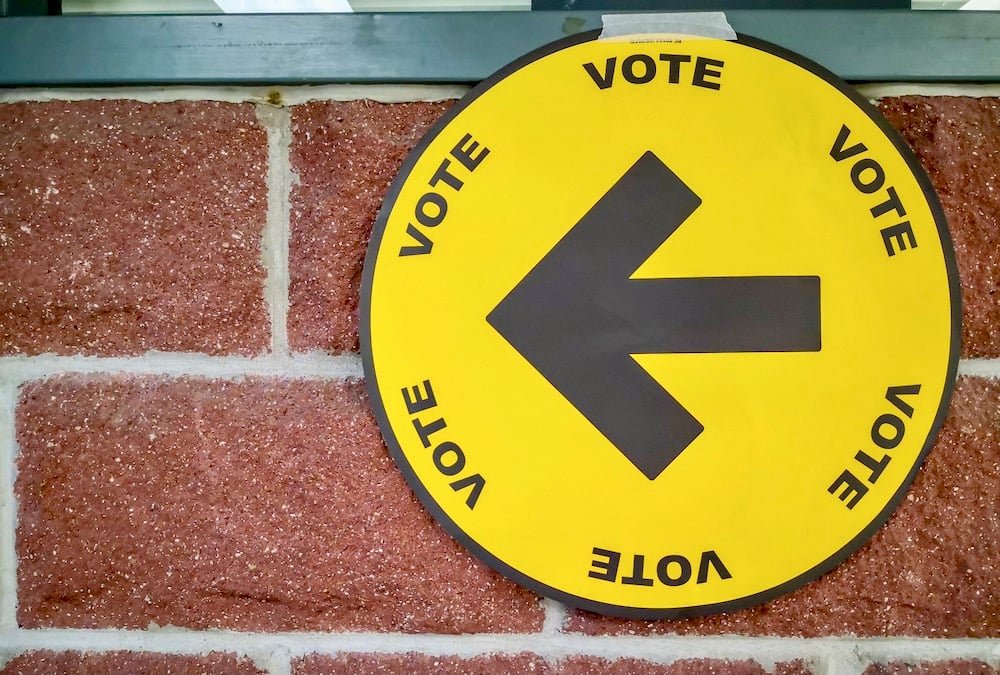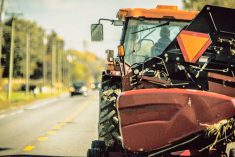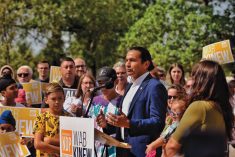Local politics, many say, don’t generate the same level of interest as federal or provincial politics.
Municipal governments don’t negotiate massive trade deals, they don’t hold the purse strings for budgets of billions, and they don’t dictate which direction the health systems will go.
However, municipalities are the level of government that is closest to rural Manitobans because they provide the everyday services people rely on. This includes road maintenance, snow clearing, drain clearing and maintenance, building and maintaining community centres, emergency management, fire services – and the list goes on.
Read Also

Reaction rolls in on Health Canada dicamba restriction proposal
Spray expert says proposed dicamba rule change would ban ‘over the top’ use of the herbicide
Rural Manitobans perhaps don’t take enough time to reflect on this, because if they did there would certainly be more involvement in local elections – more candidates and more voter participation.
Why not turn this around? As Manitoba prepares for the October 24 municipal election, voters can use this opportunity to start taking an interest in municipal politics. Start by talking to local politicians and asking questions.
For farmers, this is particularly important as they continue to reel from extremely high municipal taxes – a result of the steep rise in the value of farmland and the increased assessments that come with it. In 2016 increases averaged 45 per cent – and there are new assessments coming out this year.
There are several measures municipalities can take to lift some of this tax burden, and farmers should be raising these with candidates and incumbents alike.
Municipalities can apply to the province to reduce the portion of farmland that taxes are levied on, which is currently set at 26 per cent, while at the same time maintaining the portions for other types of property. This would mean a lower proportion of tax revenues coming from farmers and some restoration of balance to the distribution of taxation.
Undertaking this measure would require that municipalities contact Indigenous and Municipal Relations and work closely with them during the process.
Another option would be for all RMs to work together and petition the province to reduce the 26 per cent portioning on farmland and adjust the portioning on other classes of land.
Municipalities could also create a tax rebate program for farmland which would return some of the taxes paid by farmers back to them, an option that does not require provincial approval.
Farmers need to ask their local politicians if they would support any of these options, or if they would undertake other actions to restore the balance of taxes paid by different types of property owners. Farmers also need to stress the challenges they face because of their high tax bills, which combined with low commodity prices, are significant.
As more farmers come forward with this message, politicians will understand what a grave issue this is for the agriculture sector and hopefully be compelled to act.
Now is the time for farmers to take an interest in local politics – and they should take this opportunity seriously.
Bill Campbell is president of Keystone Agricultural Producers. A fourth-generation farmer near Minto with 2,640 acres – 1,700 of them seeded to annual crops – he also runs a purebred Limousin cattle operation.














